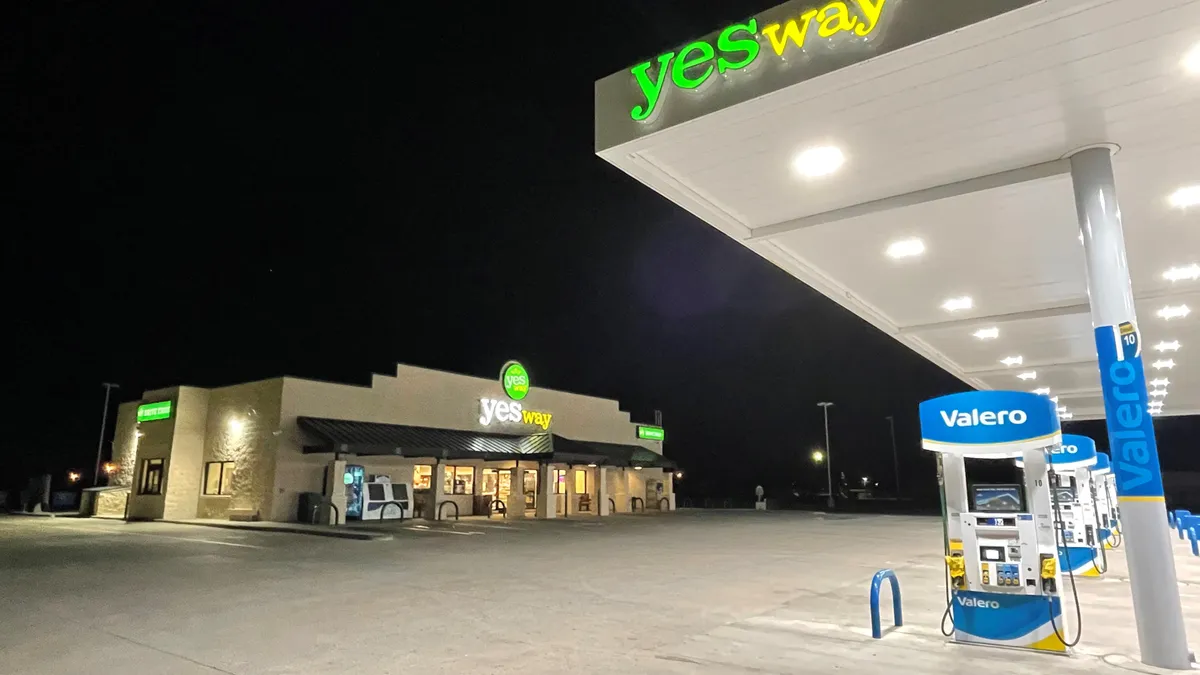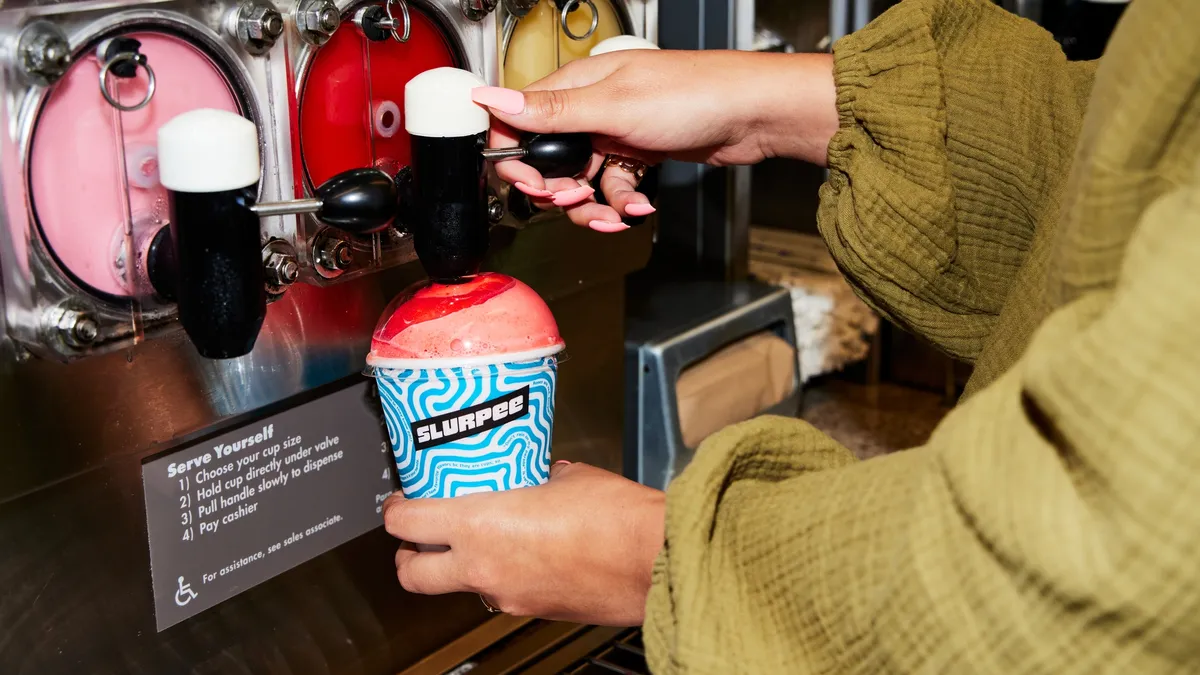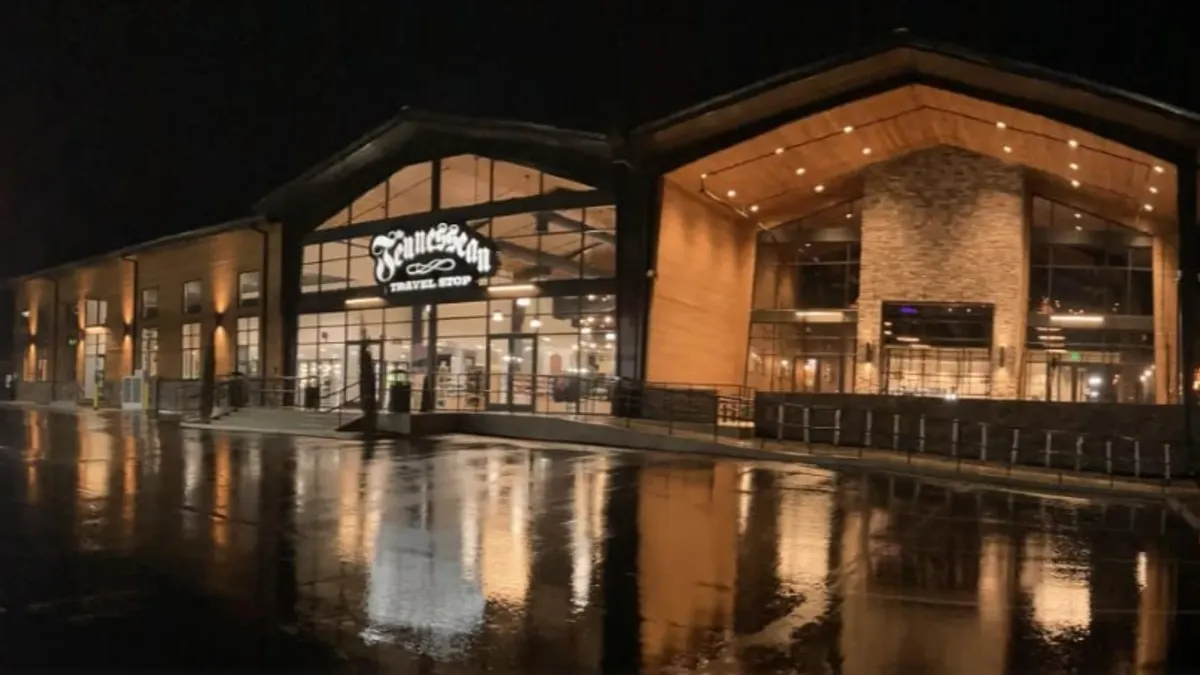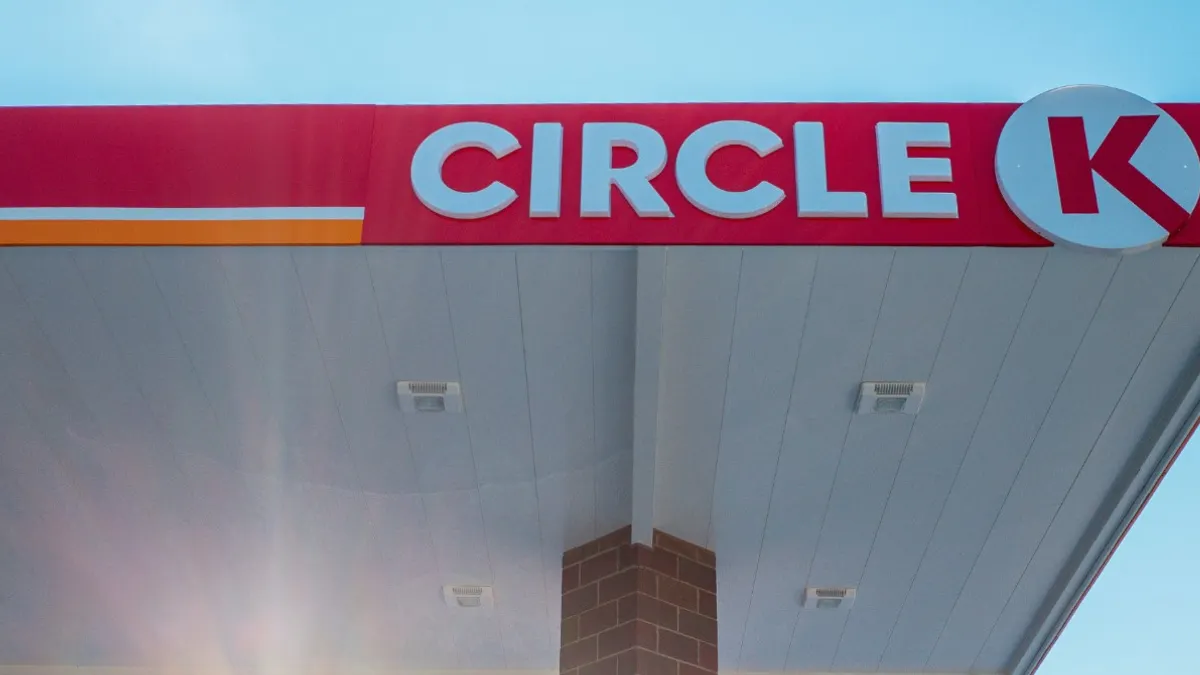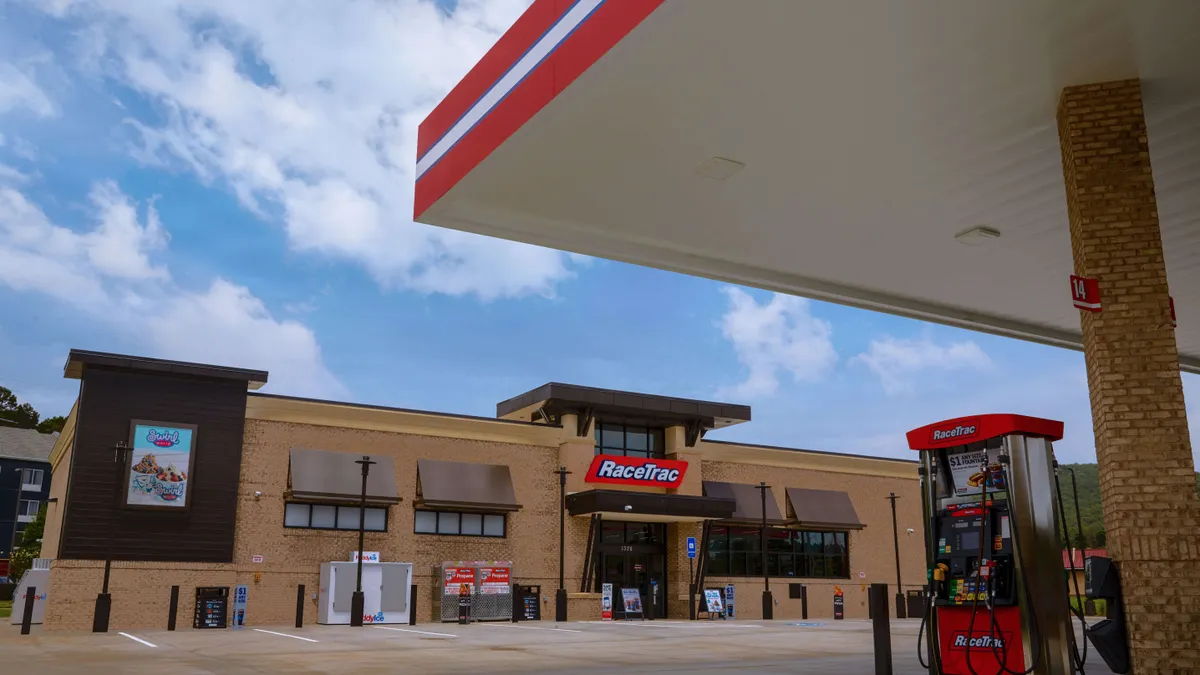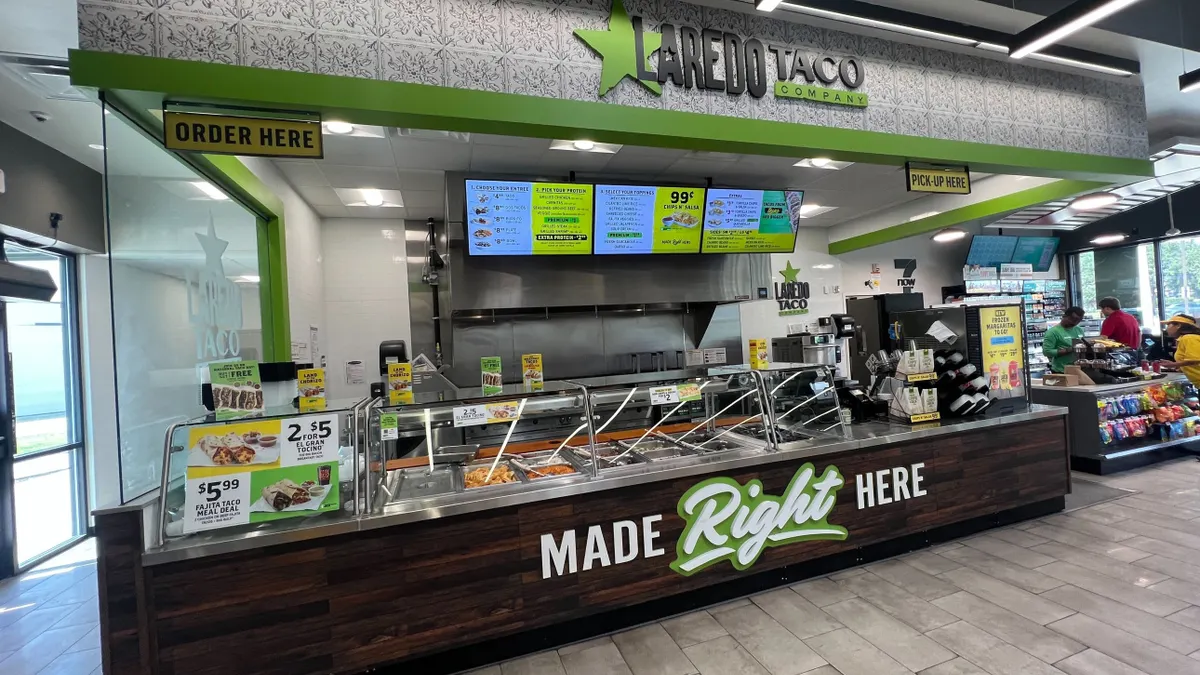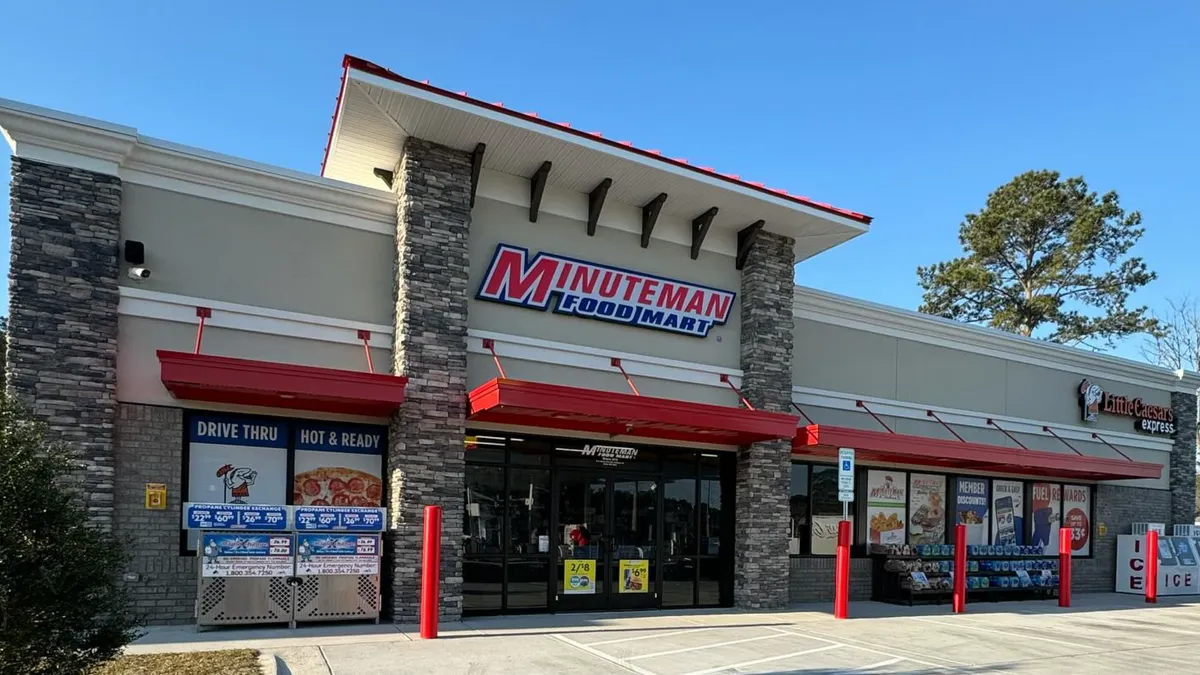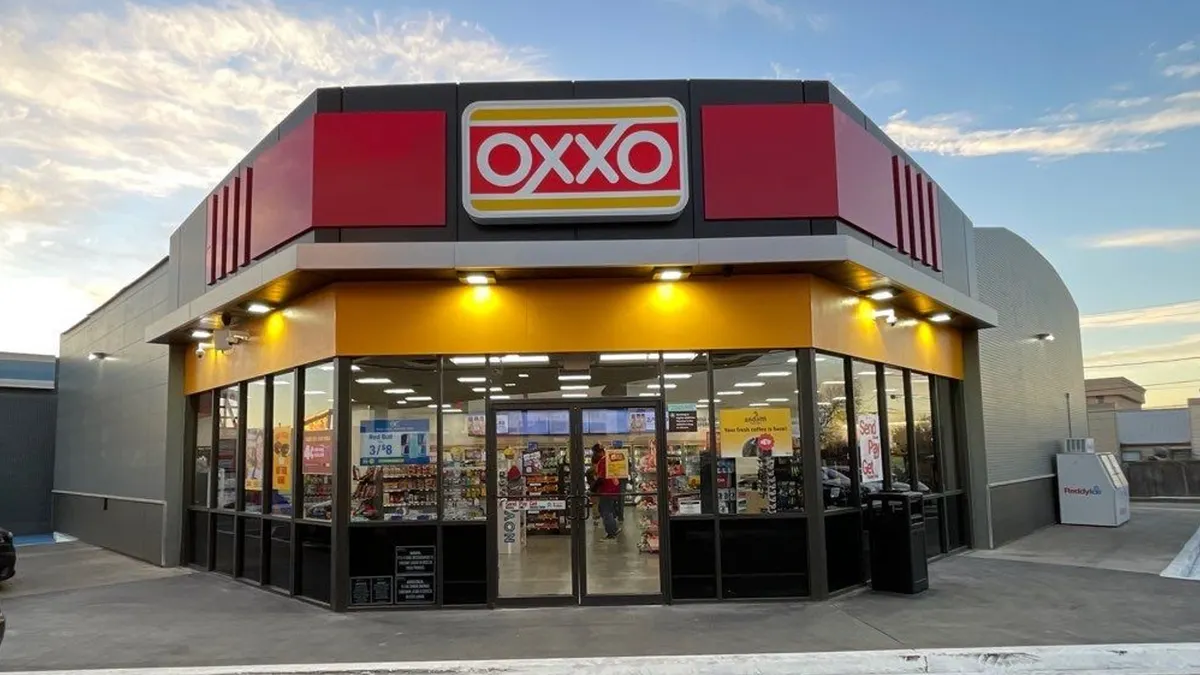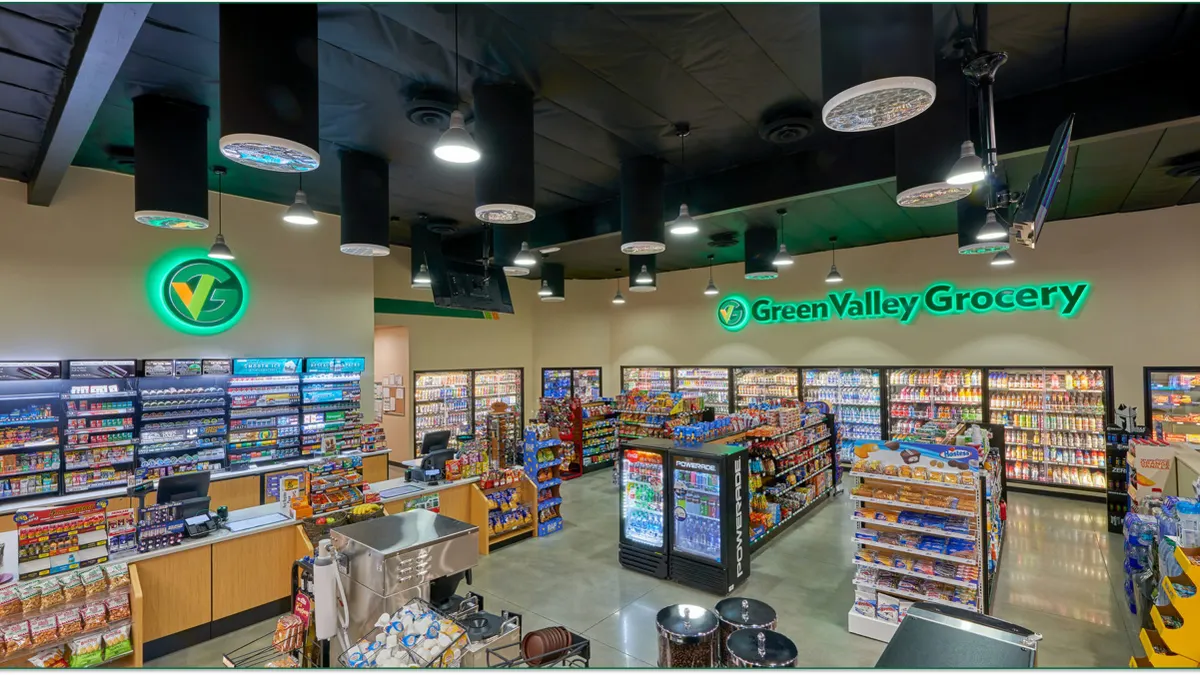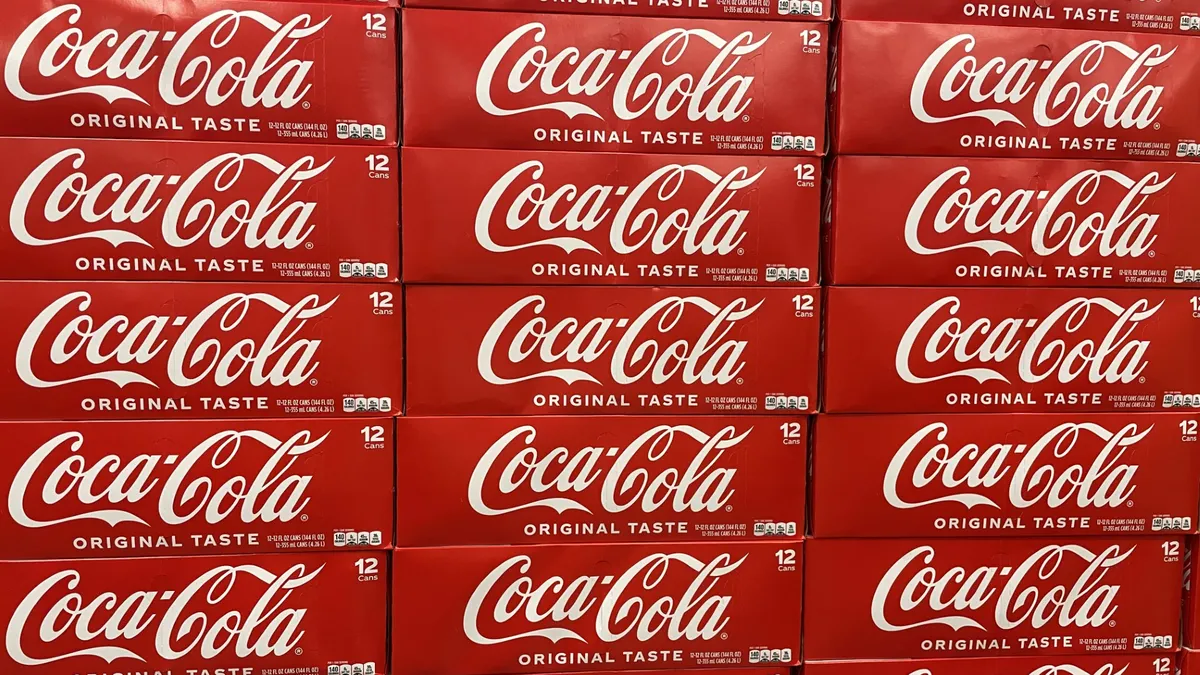When Yesway says it’s one of the fastest-growing convenience-store operators in the country, the numbers back it up. In less than a decade, the chain has expanded through acquisitions and building new stores to 435 locations, with 28 more expected to come in 2023. That’s enough to put it in the top 15 c-store chains in terms of size, according to NACS.
“One of the most unique things about us is we sought this business out, sought out where we wanted to be, and then birthed it within the private equity platform,” said Tom Trkla, chairman and CEO of Brookwood Financial Partners and its c-store arm, Yesway. “As opposed to me investing in somebody, we built it within Brookwood.”
The fact that Yesway doesn’t have to rely on other businesses or investors to raise money the way many of its peers do has helped it ramp up very quickly.
“We grew through 25 M&A deals, and then spent the last couple years integrating Allsup’s,” Trkla said.
And the company hasn’t ceased acquisitions. In the past six months, it added both the nine-location Tres Amigos and the five-location Ranglers. But it’s increasingly growing in a different direction.
“What generates the highest return on invested capital for us is what we do best, which is build new stores,” Trkla said.
Recently, Trkla sat down with C-Store Dive to talk about Yesway’s growth plans, how the company focuses on its strengths and when it might refile for an initial public offering.
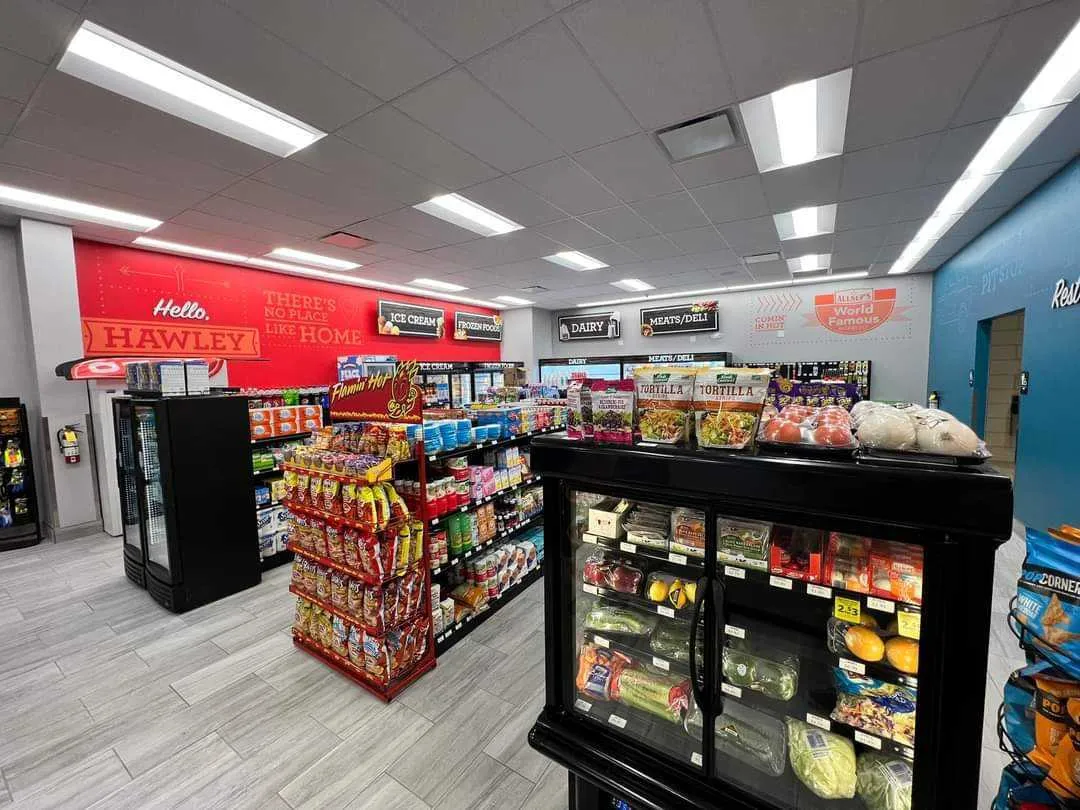
This interview has been edited for length and clarity.
C-Store Dive: Yesway has said 28 new stores are planned in 2023. Are those going to be in existing markets, or are you looking to add new markets?
TRKLA: For the next several years, our concentration will be in west Texas, New Mexico and southeastern Oklahoma. We have a lot of sites identified. There’s a few raze-and-rebuilds that will be outside of that but, just factually, all the 28 are in those three states.
And is the current goal still 500 stores or are you aiming higher at this point?
TRKLA: I'm looking to double the company in the next four or five years. So, we're at 430 right now ... we’ll end the year somewhere in the 460 plus or minus range. And we're kind of building an infrastructure where I could build anywhere from 60 to 80 stores per year.
That assumes no acquisitions either. It's all organic growth.
How do you decide where to build new stores?
TRKLA: First is the logic of being in a supply chain route and how you allocate your people. It makes no sense to own three stores in all 50 states, it’s too hard to manage.
And so obviously, if we can [build] stores near, geographically, where we are right now, kind of expanding out, we can supply them with our current vendors, and we can also manage them better.
Within that argument is where you think you're going to get the best traffic and where the population demographics support you. You may not know this, but we're very big on diesel. Thirty percent of our total gas sales are diesel. Diesel picks up anywhere from 12 to 14 cents more per [gallon] on average. And so we actually have a higher gross profit than most of our competitors because of that disproportionate amount of diesel.
Next year, we're going to be spending a lot of money on expanding diesel islands at existing stores. It actually has a higher ROI than our building new stores.
[Choosing a site in] real estate is always about demographics and access and all those things. And the same thing is true of c-stores. We're a rural and suburban store company. We're never going to go into downtown Dallas, or San Antonio, or Austin or Houston, but that's our strength.
And we've identified about 250 sites that make sense for us in terms of where we can [put] a store just in that region.
You mentioned a lot of diesel. If I remember correctly, you also have an automotive and truckers section in a lot of your new stores. Are you looking to target those professional drivers?
TRKLA: Yes we are. We're in the process of completing pay at the pump on all of our pumps. We also have a new trucker loyalty with Mudflap tying into our loyalty program and it's been just ridiculously successful. So yes, we are very, very actively targeting the long-hauler and the local-haul truckers, and tying into our loyalty programs and making it easier for them to buy fuel.
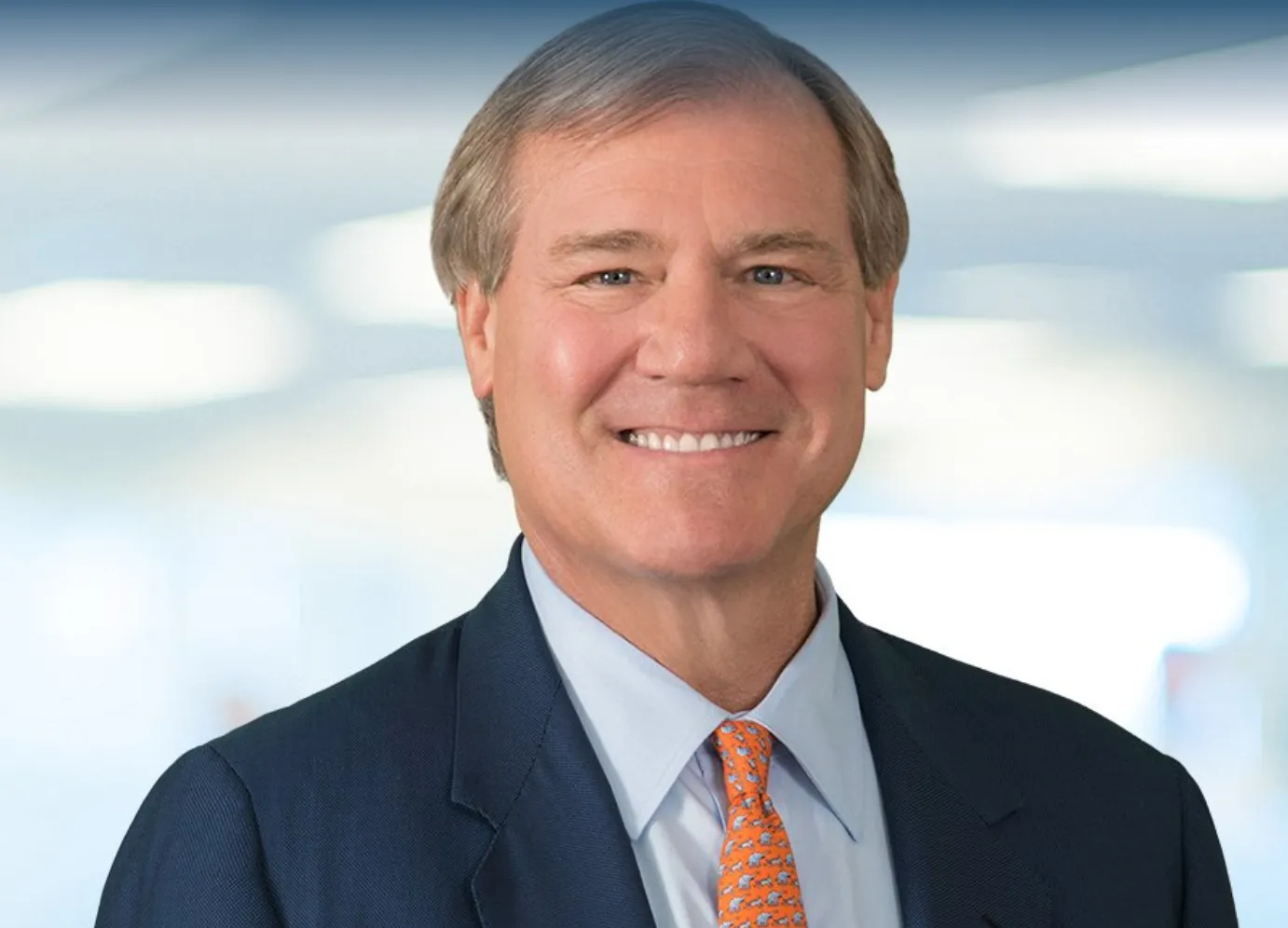
The release for this latest set of stores also said you're doing more large-format Allsup's locations. What was the driving force behind going for these larger format stores?
TRKLA: [Allsup’s Market stores are] more kind of half grocery store. So we'll have fresh fruits and cut meats and those kinds of things. And we'll have some of those [stores] in the future as well. I don't know how many of the 28, but some of the 28 are also going to be Allsup’s Market stores, really depending upon the geography.
What goes into our stores is determined by what our people in our market want and need. We're not trying to be a QSR. We have phenomenal food programs, you know, our burrito program. But it's very simple.
Now to shift a little bit to the Ranglers acquisition. The announcement said that the stores are going to be remodeled to either Yesway or Allsup’s but there are some aspects that are going to be kept as they were?
TRKLA: Yeah, Ranglers is unique. They're really good stores. They're also in a part of the market we wanted to get to. Really good sellers, by the way, really good relationship with buying these stores.
But Ranglers has got things that are outside of what we sell. They sell a lot of other items that are … not your typical c-store stuff. And we're not going to take that up, because they're well known for that in the area. And again, that goes back to, you don't want to go in and dictate what the customer wants when the customers are telling you what they want.
You mentioned you're looking to try to double in the next several years independent of acquisitions. Are you still looking for further acquisitions if they're in the right area?
TRKLA: Yes, but very carefully. We're a unique convenience-store operator. We birthed ourselves within my private equity company. We created this business, put together the management team and I think we've now invested $825 million in it. So we can do this pretty quickly.
But we also come at it with some acumens that are unique to the industry. We're private equity investors, but we're also very large real estate investors. We're very adept at site selection, controlling construction costs, building things, getting permits, all those things. So we can replicate that. We spent the last couple years building a coterie of very, very good third-party construction companies.
There’s not a lot of chains that can build as many stores as we can at the same time. They do well, they build good stores. [But] we're pretty good at this.
Whether we double or not? I don’t know. That’s our goal. Especially if we go public. We'll keep reinvesting the money. We're making back into business growing. And so we could build an engine that does 50, 70, 80 stores a year.
Do you tend to own the land that your stores exist on?
TRKLA: We'd like to. Sometimes you inherit leases, sometimes you have to buy portfolios where there are leases.
We did do a sale-leaseback transaction when we bought Allsup’s of some stores and I'm doing another small one right now. But I still own about seventy-five percent of my stores. So our store value as of 12/31 was like $940 million. We're real estate people, we like to own real estate, but I'm also a banker and it's the cheapest cost of capital, and so we'll do a little bit of [sale-leaseback deals].
Going forward, those will all be owned stores. If I build them, I own them.
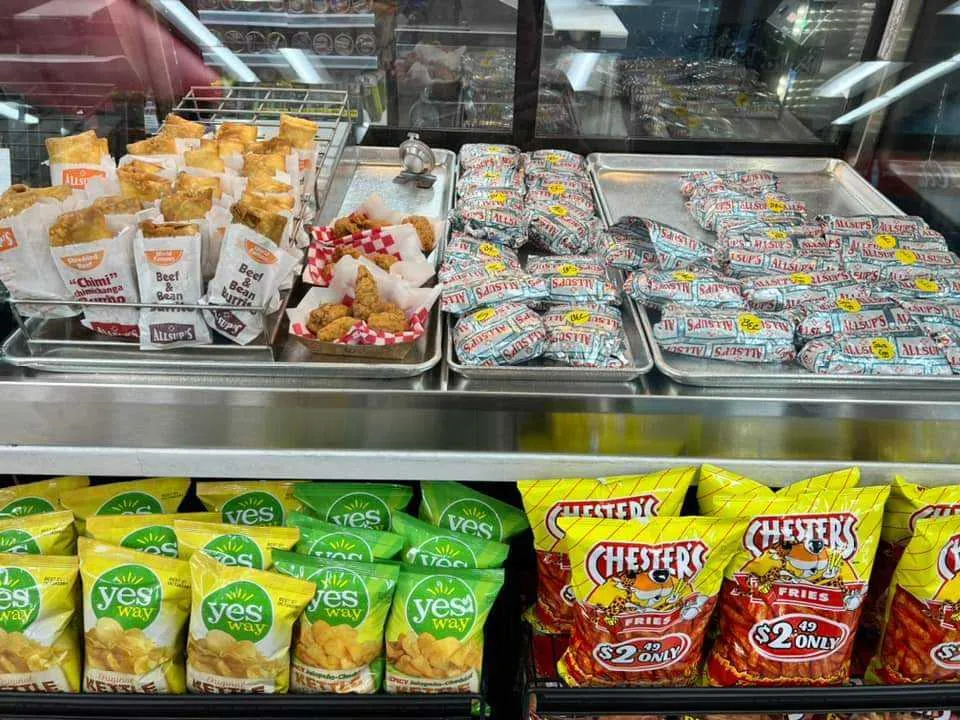
You were talking about IPO’ing Yesway, and then the market did what markets do sometimes and it just wasn't a good time for IPOs. Are you still exploring that?
TRKLA: Yes. … You’re starting to see markets opening up. You're seeing some secondaries get done. [Experts are] of the opinion that things will open up much better in the third quarter of this year, but you’re seeing some deals done now.
So we took our S-1 down. And we actually did it for a very specific reason, which was when the S-1 was up, you’re in a quiet period. You can't talk to your investors. And we knew we weren't going public in the fourth quarter because of the market volatility, or even the first quarter, because we were gonna wait for our 2022 numbers, which will be done by the end of March.
So we always knew we were going to refile. We'll refile the S-1 sometimes in the second quarter. We're working on that right now, updating it.
But we're generating such good cash now that I can keep going without doing it. This last raise that I finished in December, it was $190 [million], it'll be close to $300 million once we finish the sale-leaseback.
I feel confident we’ll transact this year. The Wall Street guys do too.
And the latest sale-leaseback is coming up later this month?
TRKLA: It should all be closed by end of March. We're actively involved with three companies right now and have identified the companies and are just basically in the middle of either [letters of intent] or contracts and moving forward. The reason I did it was because the weighted average cost of capital of the equity arrays of the sale leasebacks got to a really good number.
And as you know, the money center banks basically shut down in December and November. And there weren’t a whole lot of people raising money and we raised pretty quickly. We also brought in a very good partner, another investor, which is HPS Investment Partners that are in New York. They actually invested about $150 million of the amount raised.
And what’s the rough number of stores that are going to be involved in the sale leaseback?
TRKLA: Approximately 20. And we won’t do all of them. We're doing due diligence on more than we need to close, just to make sure. But it's approximately 20 stores.
Is there anything about your current growth strategy that you think is important for people to know or understand that I haven't asked about?
TRKLA: We weren't a dairy. We weren't Wawa. We weren’t Casey's. They're all great chains. But the genesis of their business models was different than ours.
If I have any strength in this whole process, it's the management team I was able to put together. I’ve got a stellar management team, and that allows us to run it well, not just invest a bunch of money to buy it. It's been a tumultuous five years, I won’t lie to you. We’ve been very busy and you’re looking at the person who's had to raise the money.
But now, our focus is on what we do best, which is building stores. It plays to our strengths. I feel very good about the operations right now.


